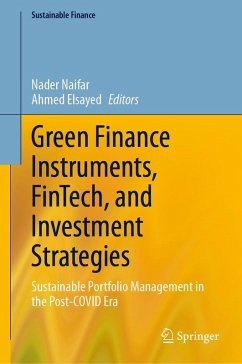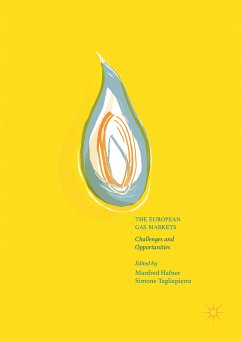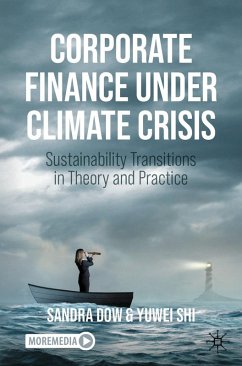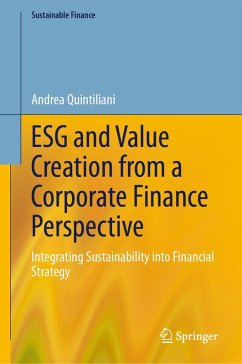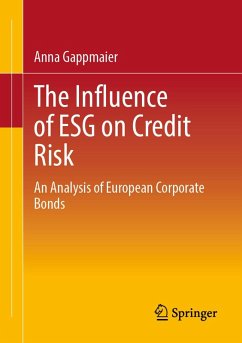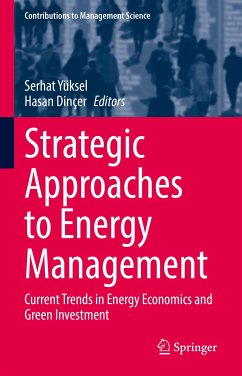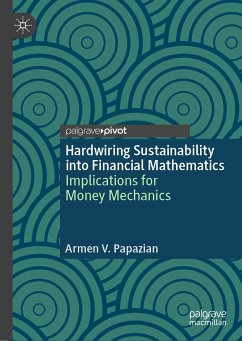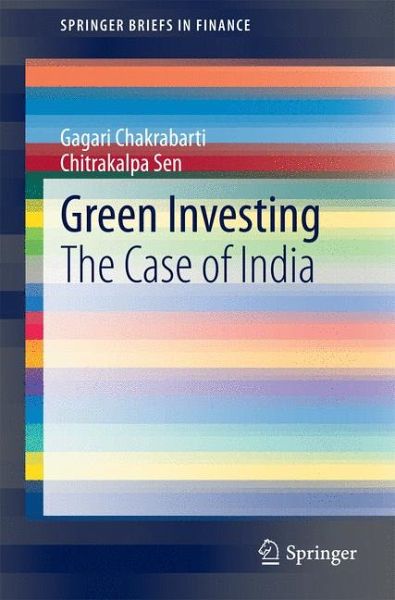
Green Investing (eBook, PDF)
The Case of India
Versandkostenfrei!
Sofort per Download lieferbar
40,95 €
inkl. MwSt.
Weitere Ausgaben:

PAYBACK Punkte
20 °P sammeln!
This book seeks to answer the essential question of the investment-worthiness of green instruments. It is evident that investing in green and energy-efficient firms will be the most profitable choice for wise investors in the years to come. The reconciliation of the social choice for green technology and investors' choice for gray technology will be automatically achieved once green firms become more profitable than gray ones, in the Indian context. As there has been very little research done in this area, especially in the Indian context, this book addresses that gap.In order to do so, it fol...
This book seeks to answer the essential question of the investment-worthiness of green instruments. It is evident that investing in green and energy-efficient firms will be the most profitable choice for wise investors in the years to come. The reconciliation of the social choice for green technology and investors' choice for gray technology will be automatically achieved once green firms become more profitable than gray ones, in the Indian context. As there has been very little research done in this area, especially in the Indian context, this book addresses that gap.
In order to do so, it follows the development of five different portfolios consisting of 100% green, 75% green-25% gray, 50% green-50% gray, 25% green-75% gray and 100% gray stocks, and attempts to answer questions such as: Do green portfolios entail less relative own-risk as compared to their gray counterparts? How effectively do green portfolios avoid market risk? Are green portfolios inherently more stable? Do green portfolios have a higher probability of surviving a financial crisis? Is the performance of green portfolios backed by their fundamentals? Is there any particular technical trading strategy that can ensure a consistently above-average return from these portfolios?
In order to do so, it follows the development of five different portfolios consisting of 100% green, 75% green-25% gray, 50% green-50% gray, 25% green-75% gray and 100% gray stocks, and attempts to answer questions such as: Do green portfolios entail less relative own-risk as compared to their gray counterparts? How effectively do green portfolios avoid market risk? Are green portfolios inherently more stable? Do green portfolios have a higher probability of surviving a financial crisis? Is the performance of green portfolios backed by their fundamentals? Is there any particular technical trading strategy that can ensure a consistently above-average return from these portfolios?
Dieser Download kann aus rechtlichen Gründen nur mit Rechnungsadresse in A, B, BG, CY, CZ, D, DK, EW, E, FIN, F, GR, HR, H, IRL, I, LT, L, LR, M, NL, PL, P, R, S, SLO, SK ausgeliefert werden.





